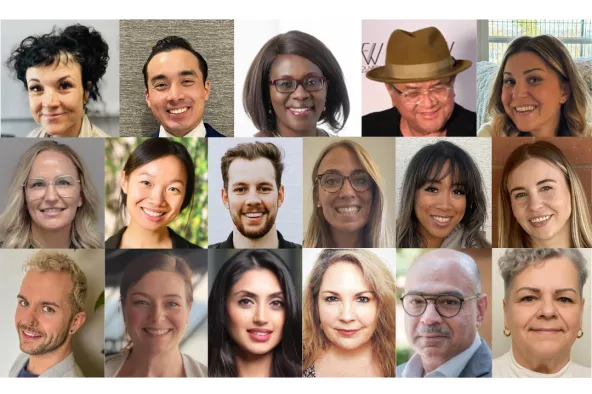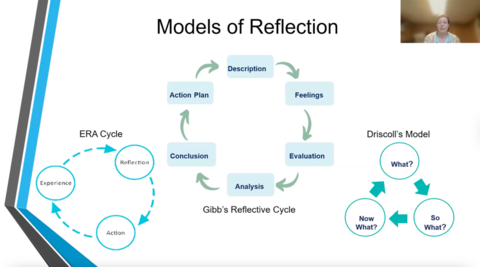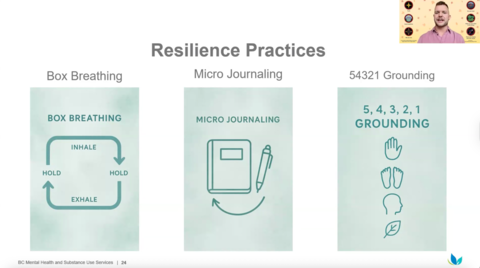New BCMHSUS event focuses on nursing and the criminal justice system

On Sept. 25, more than 200 nurses and health care professionals from across Canada joined the National Nursing Dialogue: Nursing & the Criminal Justice System, a virtual event hosted by BC Mental Health and Substance Use Services (BCMHSUS). The dialogue explored how nursing intersects with the criminal justice system, from forensic hospitals to correctional settings to community care.
Sessions highlighted both systemic and human dimensions through interactive presentations, personal stories, and practical strategies. Topics included bias, stigma, patient voice, and resilience, each offering new insights and practical approaches for secure settings.
Strong engagement throughout the day underscored the relevance of these discussions and momentum for continued dialogue across nursing and health care communities in BC and beyond. As the first event of its kind, it marked an important step forward!
Recordings of the sessions will be available soon through the BCMHSUS Centre for Learning website. A link will be shared once they're live.
Session highlights

In the morning, Between Reflection and Action: Combating Implicit Bias and Supporting Client-Centred Care, challenged participants to examine assumptions that can unconsciously shape care. One participant captured the impact:
“Excellent presentation with considerable relevance across BCMHSUS and beyond. The tools for reflection are practical and will help me check my biases in real time."
For many, the highlight of the day was Transforming Care through Patient Voice, featuring lived experience speakers Angelo and Pam. Their stories reminded attendees that care is most effective when rooted in partnership:
“The importance of lived experience cannot be overstated! Hearing directly from clients was very touching and impactful. Everyone in health care needs to hear this."

In the afternoon, Healthcare in Custody: Exploring the Unique Role of Correctional Nursing and the Power of Self-Care, provided tangible strategies for resilience. One nurse reflected on the value of accessible practices:
“The self-care techniques were so relatable. Sometimes things get so busy, and it was refreshing to see small, practical tools that I can bring into my daily practice."
Leadership Reflections
Dr. Neeta Nagra, director, Nursing Professional Practice, BCMHSUS, said:
“There were truths reinforced throughout our presentations: Indigenous Peoples remain overrepresented in prisons, patients in the criminal justice system face stigma, Indigenous-specific racism continues to exist in health care, and we have a responsibility to act. Let us leave with the intention to be strong in facing inequities, to be good medicine for our patients and communities, and to continue this work together."
Trevor Aarbo, senior director of Patient Care Services, Forensic Psychiatric Hospital, BCMHSUS, said:
“I loved all the speakers and sessions at the first nursing dialogue conference, it was a great opportunity for me to learn and reflect on my own nursing practice and leadership at FPH, and how important and specialized our service is and the nursing care we provide to our patient partners. I look forward to next year's conference!"
Deanna Romm, regional director, Corrections Health Services, BCMHSUS, said:
“This event provided a unique opportunity for health care professionals working in the specialized fields of correctional, forensic, and mental health nursing to deepen their expertise and advance best practice. What resonated deeply with me was the powerful conversation around recognizing implicit bias—an often unseen but critical barrier to equitable care. The conversation challenged us to reflect deeply on our own assumptions and emphasized the importance of self-awareness as the foundation for creating trauma-informed, culturally safe, and equitable care environments."